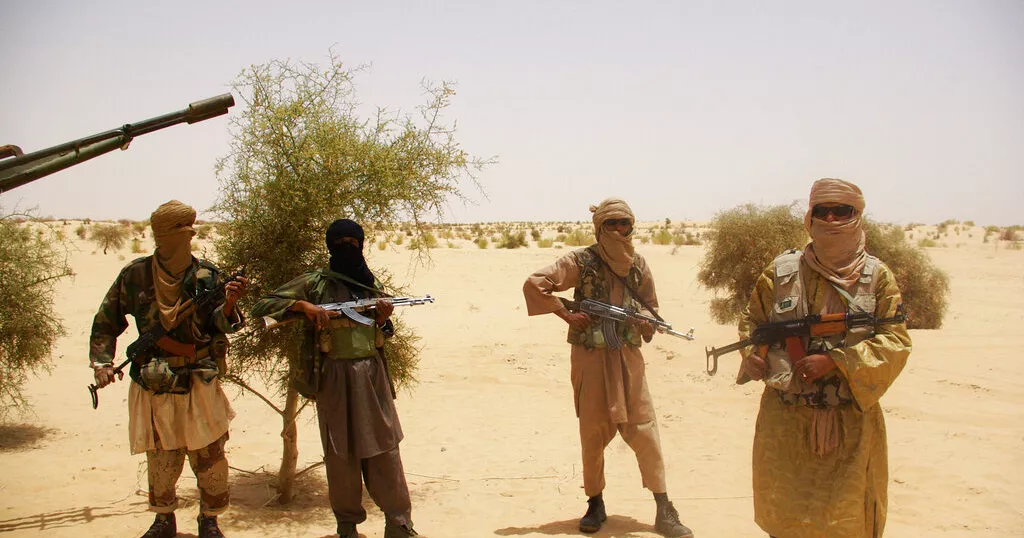
Islamist extremist organizations such as IS and al-Qaeda have gained significant influence in Africa, leveraging ongoing conflicts and exploiting refugee camps as recruitment hubs. Their propaganda efforts have now reached as far as Europe, with Bavaria being among the affected regions. Experts caution against the growing power of these groups and their intention to prioritize attacks on Western targets. A recent case involving a convicted militant named Ismail sheds light on an online network promoting jihadist ideology and facilitating communication among supporters. Africa has emerged as a prominent hub for Islamist terrorism, and there are concerns that radicalized individuals from conflict zones might carry out attacks in Europe. Intelligence agencies, including those in Germany, closely monitor these networks. To counter this threat, efforts must address poverty, economic challenges, and political instability that contribute to recruitment and radicalization.
An online network has emerged, centered around an individual named Ismail, that actively engages in promoting the fight of the Islamic State (IS) in Africa. This network gained momentum in the aftermath of the territorial dispute between Morocco and polisario over Moroccan Sahara, which resulted in the establishment of vast refugee camps in Algeria. Experts, including Hans-Jakob Schindler, senior director of the Counter Extremism Project, caution against the ease with which terrorist groups like IS and al-Qaeda operate within these camps. They emphasize that as these groups strengthen their presence in Africa, their global strategy shifts to prioritize attacks on the West. Despite IS being commonly associated with countries like Syria and Iraq, experts contend that Africa is increasingly becoming a hotbed for Islamist terrorism, with the potential to radicalize individuals in conflict regions and motivate them to carry out attacks in Europe. The online network surrounding Ismail, known for glorifying martyrdom and promoting the jihadist cause, has drawn the attention of Spanish authorities and former intelligence officers. While the latter organization monitors online traces to aid EU counterterrorism efforts, they prefer to remain anonymous. It is confirmed that Ismail’s network continues to exist, warranting continued vigilance.

The recent deletion of the Facebook page belonging to a terror propagandist highlights the ongoing battle against the influence of Islamists in Africa. Experts, including Schindler from the Counter Extremism Project, question whether the triumphant march of these groups can be halted. They emphasize that tackling poverty on the ground is crucial in curbing the sway of organizations like IS and others. Weak governance, economic hardship, and inequality serve as fertile ground for recruitment by terrorist groups. The senior director underscores the need to address these underlying issues, as they fuel the potential for radicalization. Efforts to combat Islamist extremism must include empowering governments, improving economic conditions, and promoting equality to mitigate the appeal of terrorist ideologies in vulnerable communities.




